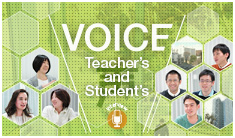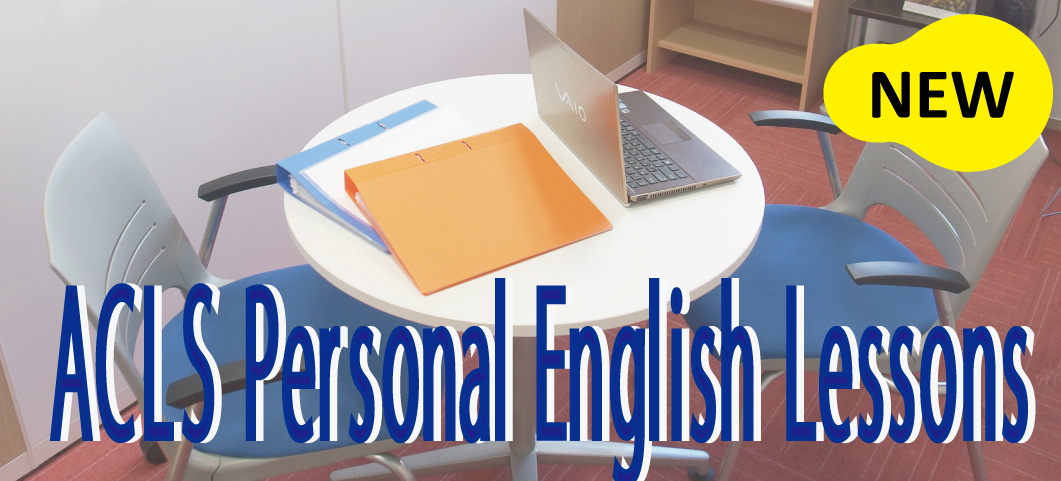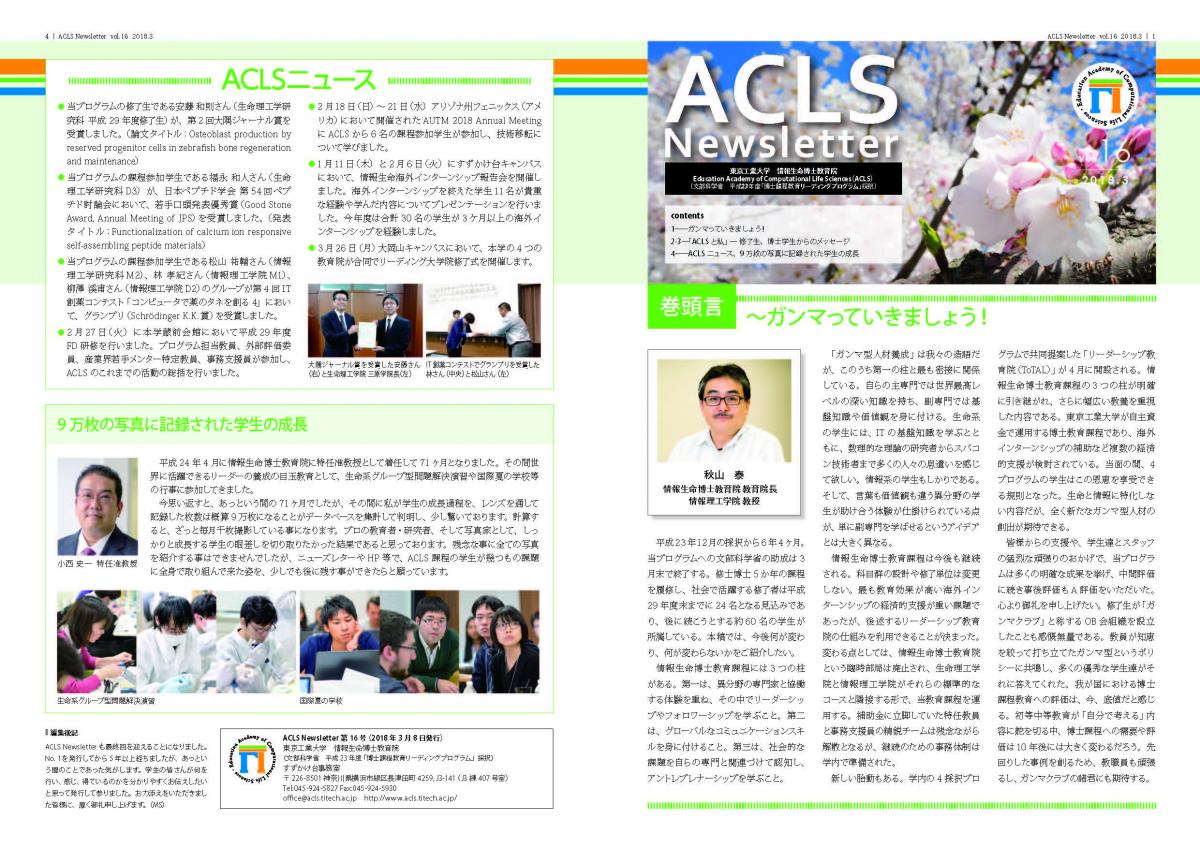- Home
- Teacher's and Student's voice
- Lim Wei Ming / Chang IouVen
Lim Wei Ming / Chang IouVen


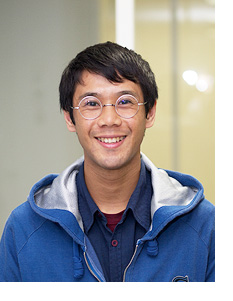
Lim:I belong to Professor Tokunaga’s laboratory and I am currently working on elucidating the mechanism of immune response reaction. Our laboratory’s main forte is in single molecule microscopy techniques and right now, I am working to identify proteins which are essential for initiation of immune response. I am striving to understand the characteristics and behavior of the proteins of my interest using biochemical and microscopy techniques that involve both biological and computational approaches.
I was lucky and it was also a coincidence that I got into the ACLS program. Before this, I was teaching in a local college and half way through my career, I was introduced to Professor Kajiwara from Tokyo Tech who was so happened to be recruiting foreign students into the ACLS program. He came to USM (Universiti Sains Malaysia) and brought along a group of students who introduced us to Tokyo Tech and the ACLS program. Professor Kajiwara gave us a comprehensive and detailed explanation about ACLS’s vision and mission. I was enthused by the program and decided to be part of this very unique curriculum.
Chang:I am working towards a PhD degree in Bioengineering. My research focuses on designing peptide ligands, with the help of phage display technology that have specificity towards cell surface proteins (carbohydrate binding proteins). The application of the desired ligands holds great promise to be used as probes in biosensors, therapeutics and diagnostics.
The circumstances leading to my joining ACLS were pretty much the same as Lim. I was working as a research assistant when I had a chance to meet Professor Kajiwara. After talking to Professor Kajiwara, I understood that Computer Science has become essential to research in the Life Sciences. I could sense the great appeal of the Tokyo Institute of Technology which is renowned in Japan for its highly specialized education in science and technology fields, so I decided to join the ACLS program.

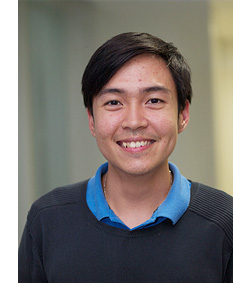
Lim:To me, I find the computational approach is immensely helpful when it comes to conducting biological work. Super-resolution microscopic techniques such as PALM and STORM were made possible with the assistance of the computational approach. These techniques allow precise imaging of protein localization, which can be quantitated and analyzed digitally to further unravel biological events. These are just a few of the examples how computational and life sciences can work collaboratively to drive further development in health care.
Chang:I feel the same way. Currently, knowledge in bioinformatics has become indispensable for scientific discovery of modern biological researches. I was originally looking for an academic position in life science research. But being enrolled in Japan's best universities to study Computer Science program, I am always aware of the application of Information Science, and I thought that I can make progress in my own biological research while receiving advice from the IT experts. I wanted to study somewhere with a strong reputation in computational biology as well as with the best facilities in Japan. That’s why I chose ACLS.

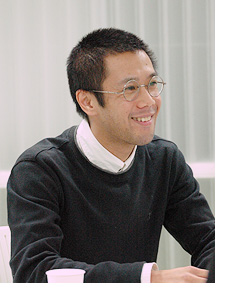
Lim:The ACLS program provides us with abundant opportunities to learn and explore. We are able to meet and discuss our work with outstanding professors and researchers by participating in the events organized by ACLS. The annual Bioscience and Biotechnology Symposium, International Summer School and International Internship are some of the events that nurture us towards that direction.
Chang:At ACLS, apart from support given in academic studies, many new possibilities open up to students for learning, for example in industrial R&D. Before I joined this program, I thought “I want to stay in academia forever.” But during my time here I have observed many different things, and I am reconsidering my next step. Of course the academic community has a lot to offer, but after having opportunities to learn more about the commercial industry, I have started to think that “I might be suited to work in industry, too. I feel like working together with a variety of experts at ACLS has given me a new way of thinking.

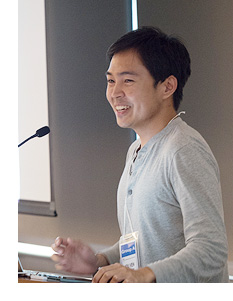
Lim:There are two events that impressed me. One of them is the International Business Plan Competition. The event provided fellow participants with the necessary platforms and resources for planning a new business idea with guidance from various professionals as well as experienced facilitators. Besides, the contest itself also allows development of international networks and bonding among fellow participants who were all from various renowned universities across the globe with different set of skills and knowledge. Working together formulating new business strategies and concepts was such an interesting and rewarding experience academically.
I am also enthralled by the ACLS International Summer School. The summer school by ACLS is unique in the sense that fellow participants were also part of the organizing committees. Of course, we had the opportunity to discover the latest advances in computational and life sciences, but at the same time, we were also given the opportunity to mold and structure the agenda of the summer school with close guidance from our faculty members. I believe the summer school event is an effective tool for students to develop not just our academic competency but also to groom our extra curriculum versatility especially in leadership and soft skills capabilities.
Chang:I was also very impressed by Summer School. During the 7-day program, people from diverse backgrounds were gathered together and shared their ideas, and it was very motivating to see the process of how things were taking shape in finishing up a small project.
There was also the “Creative Collaboration Works”, where interdisciplinary teams of students (life science and computer science) worked together on cutting edge transdisciplinary science projects. The intensive project topic was focusing on finding single nucleotide polymorphisms (SNPs) in the human genome. There, we learned on how to use the next generation sequencer as well as practice using the Tokyo Institute of Technology’s TSUBAME. It was great that we could really feel that Computer Science is vital to the Life Sciences.

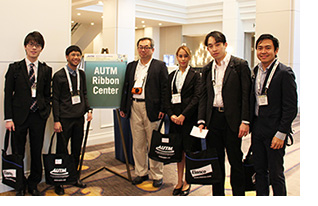
Chang:It was the AUTM Annual Meeting that was held in San Diego in February this year (2016). The theme of the event was how to commercialize academia invention/technologies for industry. There, the business plan contest was really an eye-opening experience for all involved, where we were taught how to make proper business model proposal presentations to pique the interest of investors and venture capitalists. We were also introduced to databases, government/non-profit statistics or services, which could help academics in getting a survey done before approaching the professional technology transfer consultants as well as estimating the market value and spin-off of the invention.
Lim:For me, I found International Business Plan Competition and AUTM had given me a different insight concerning research and discovery. As I belong to a team that works solely on fundamental science, it seldom crosses my mind to consider the end product of my work because novel knowledge discovery has often been my priority. However, I have a slight different perception after participating in these events. I was taught to consider the practical role from my field of expertise, to question the needs and demand of the work that I do, and to look at problems as a whole instead of solely striving for scientific publication. This is because downstream to each publication on fundamental science; there are still plenty of work to be done before realization of a certain product. Although I may or may not be part of that, it gives me a clear insight on why fundamental knowledge is essential for product development.

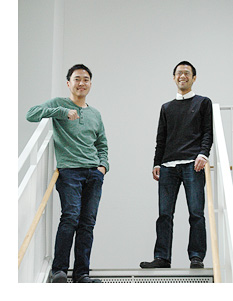
Lim:Honestly, I have yet to decide on the exact path that I might choose upon my graduation from Tokyo Tech. Having a career in the industrial sector is equally as appealing as to remain in the academic research. However, I am always thrilled to discover and peruse novel knowledge, recent technologies and latest advancements. I enjoy very much being in a dynamic team of researchers like those in my current laboratory. If it is possible, I would like to remain in the research community after my graduation to further expand my experimental skills and proficiencies.
Chang:ACLS has helped, in providing a lot of opportunities for us to shape our own career path. A lot of academic symposiums, exercises or even business seminars were organized by the program itself. As the saying goes, “Every coin has two sides” there will be always pros and cons in choosing academia or industry. Although I am still passionate about deepening my knowledge of my current research, still my feelings are leaning towards the business world after finishing up my doctorate studies in Tokyo Tech. I might stay in academia, but I think I should keep an eye on the (pharmaceutical) industry, too.
※The contents of this article are accurate as of the time the interview was conducted in December 2016.







